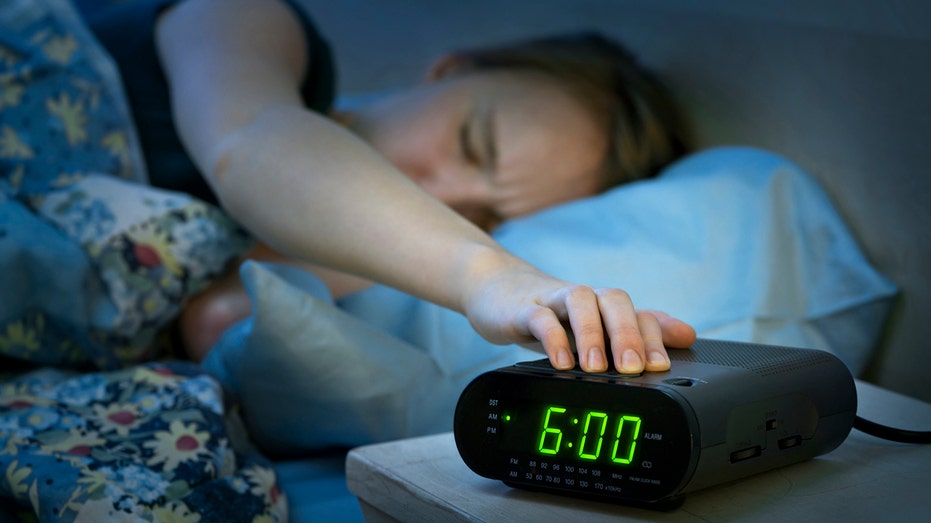Why Hitting the Snooze Button Could Be Sabotaging Your Sleep and Mood

Sarah Johnson
May 23, 2025
Brief
Hitting the snooze button is a morning ritual for most Americans, but experts warn it disrupts REM sleep, impacting mood and energy. Learn why and how to break the habit.
Every morning, more than half of Americans can’t resist the siren call of the snooze button, stealing an extra 11 minutes of shut-eye on average, according to a new study. But sleep experts warn this habit might be doing more harm than good.
Researchers from Mass General Brigham dug into data from the Sleep Cycle app, tracking over three million sleep sessions from 21,000 people worldwide. Their findings? A whopping 56% of those sessions ended with a snooze, especially on weekdays when the grind feels toughest. The heaviest snoozers—those hitting the button over 80% of the time—tacked on an extra 20 minutes, but at a cost: their sleep schedules were all over the place.
Why does this matter? Hitting snooze interrupts the critical rapid eye movement (REM) sleep that dominates the hours before waking, says lead author Rebecca Robbins, PhD, from Brigham and Women’s Hospital. REM sleep is when your brain processes emotions and memories, setting you up for the day. Those fleeting minutes between alarms? They’re mostly light sleep, leaving you groggy rather than refreshed.
Dr. David Kuhlmann, a sleep medicine expert from Missouri, points out that the urge to snooze often stems from sleep inertia, that foggy feeling upon waking. But giving in can throw your sleep cycle out of whack, tanking your mood and energy. California sleep doctor Alex Dimitriu adds that REM sleep is vital for emotional balance, and snoozing robs you of it.
So, what’s the fix? Experts say it’s simple but tough: set your alarm for the latest possible time and get up when it rings. Keep your phone across the room to force yourself out of bed. Stick to a consistent sleep schedule, aim for at least seven hours, and ditch screens an hour before bed—try a book instead. If you’re still clinging to the snooze button, it might signal deeper sleep issues, like poor sleep quality or an underlying disorder. In that case, a visit to a sleep specialist could be in order.
Published in Scientific Reports, this study reminds us: that extra snooze might feel like a win, but it’s stealing more than just time.
Topics
Editor's Comments
The snooze button is like a bad relationship—you keep going back for just a little more, but it always leaves you worse off. Maybe it’s time we all ghost our alarms and commit to a real wake-up call!
Like this article? Share it with your friends!
If you find this article interesting, feel free to share it with your friends!
Thank you for your support! Sharing is the greatest encouragement for us.



